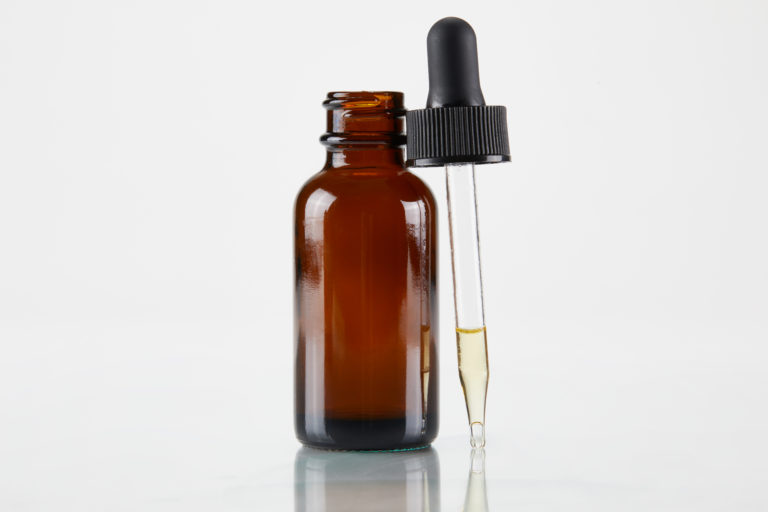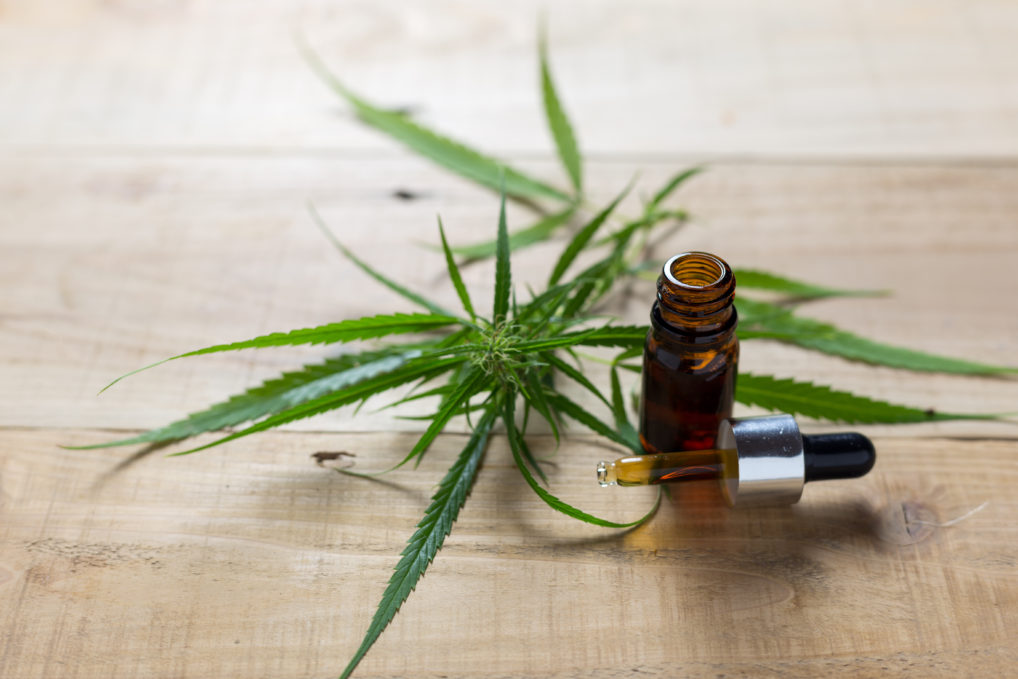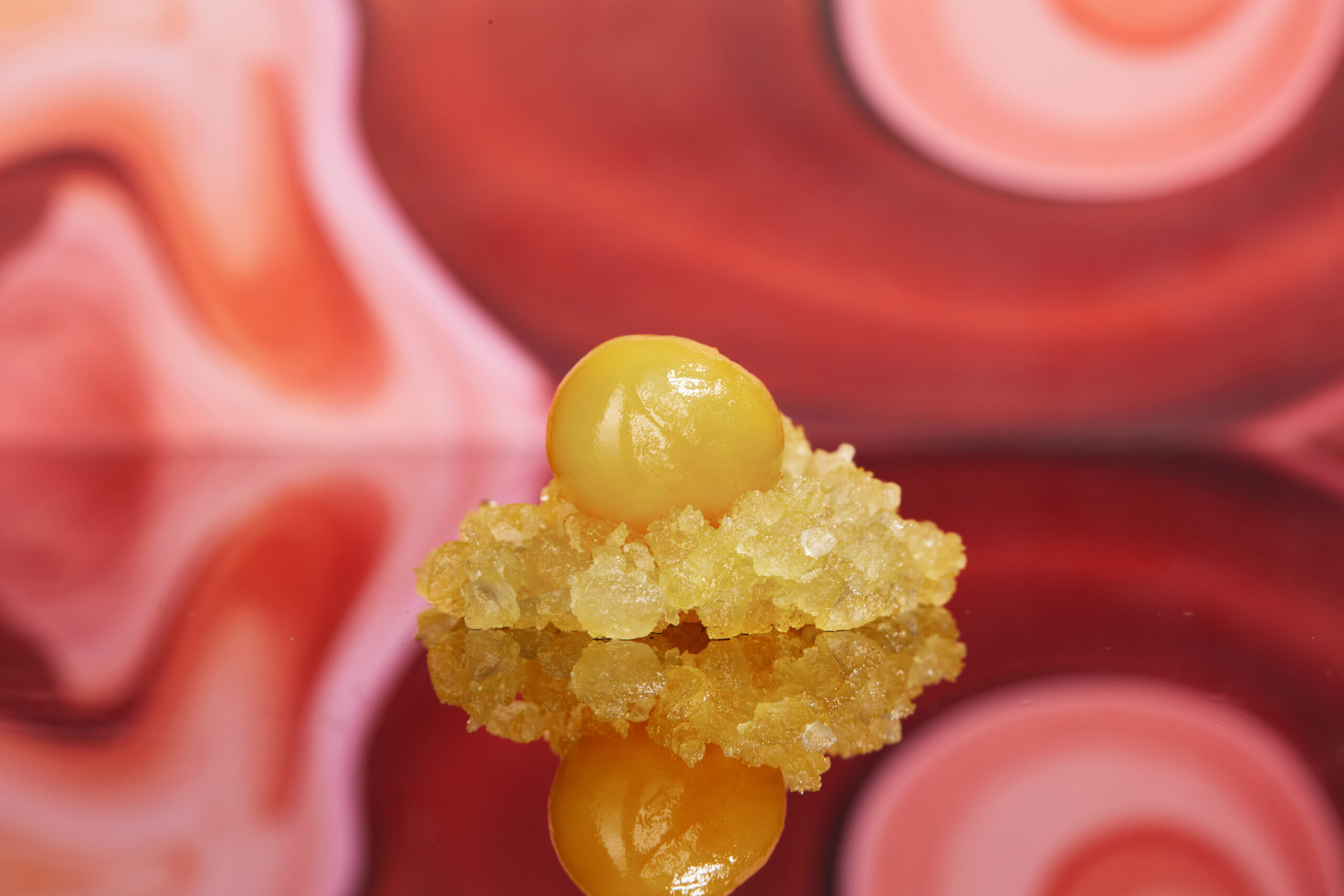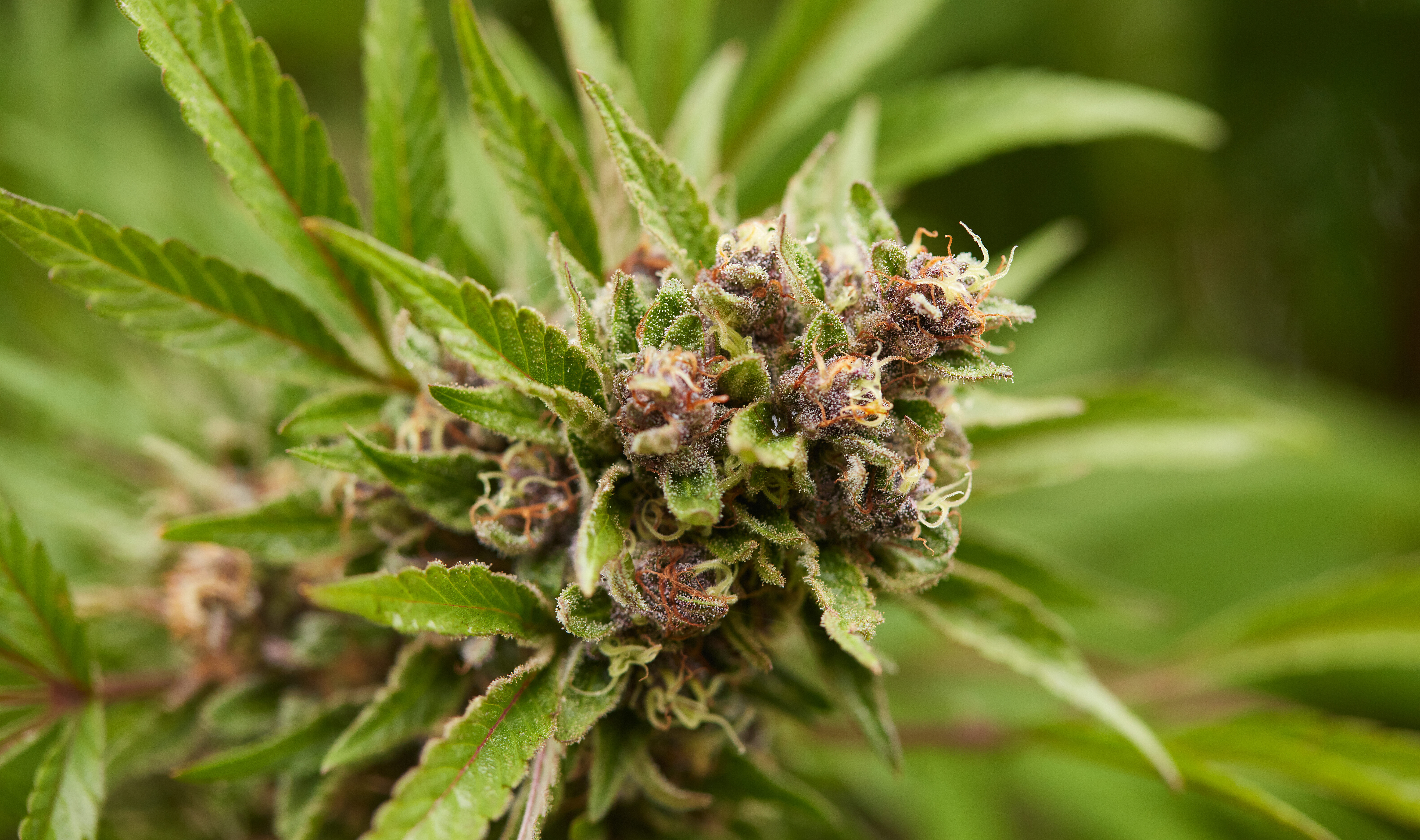Each year, it seems a new, hemp-derived cannabinoid emerges practically overnight. It gains popularity just as quickly since the emergence of a new cannabinoid would not be complete without at least a few manufacturers making sensational claims about its ability to revolutionize the market. THC-H (tetrahydrocannabihexol) is no different, as it's believed to be anywhere from 10 to 25 times stronger than Delta-9 THC, the intoxicating, naturally occurring cannabinoid we all know and love.
Learn how THC-H is made, what makes it unique, and if you should try this emerging cannabinoid.
What is THC-H?
THC-H is a newly discovered hexyl homolog of Delta-9 THC, meaning it has a similar structure to Delta-9 THC but with a hexyl side chain instead of the typical pentyl side chain.
The differences can be broken down further:
- Homolog: In chemistry, a “homolog” belongs to a series of chemical compounds differing from each other by a repeating unit. In the case of cannabinoids, this repeating unit typically involves the length of the alkyl side chain attached to the molecule.
- Hexyl: Hexyl is a specific alkyl group consisting of six carbon atoms in a linear chain. This is what THC-H has. By contrast, THC has a pentyl side chain comprising five carbon atoms.
While THC and THC-H share the same basic components, those components are arranged differently, potentially resulting in different effects.
How is THC-H made?
The same team of Italian scientists responsible for discovering THC-P isolated THC-H for the first time in 2020. Led by Dr. Giuseppe Cannazza of the University of Modena and Reggio Emilia, the team identified both CBD-H and THC-H in a study published in Nature.
For the purposes of their research, they extracted THC-H from cannabis plants. However, other manufacturers likely synthesize THC-H since it is only naturally present in hemp and cannabis plants in very low quantities.
Does THC-H get you high?
THC-H was only discovered in 2020, so we know very little about the experience you can expect from this cannabinoid. While Dr. Giuseppe Cannazza and his team isolated and analyzed THC-H to some extent, more scientists must study this compound further to understand its potential benefits, effects, and risks.
Some companies, like Binoid, have claimed its effectiveness in relieving pain and anxiety, but those claims are purely anecdotal and not supported by clinical research.
THC-H benefits, safety, effects, and risks
Although naturally occurring cannabinoids have been shown to be quite safe for medical and recreational use, synthetically-derived cannabinoids do not have the same long history of documented safe use.
Their benefits, effects, and risks are unknown. Researchers have reported unknown contaminants in other synthetically produced products, such as unnatural isomers, residual solvents, and other unidentified compounds, making these products potentially dangerous for human consumption.
 Photo by: Gina Coleman/Weedmaps
Photo by: Gina Coleman/WeedmapsImage lightbox

Without knowing the actual cannabinoid content of an unlicensed product, it's difficult to say whether it's safe to consume. Additionally, without third-party lab testing results, there is no way to know if the product is free from contaminants like pesticides and heavy metals.
Bonni Goldstein, MD, a California physician recommending cannabis to patients for 15 years, warns her patients not to use these compounds. “Natural cannabinoids have been proven to be some of the safest compounds known to humans; however, these novel synthetically produced cannabinoids are not only contaminated with numerous toxic substances, they may cause unwanted effects,” she said. “We have documentation of a few users experiencing severe psychiatric consequences. I hate to see this as natural cannabis is so helpful for many of my patients. Also, we must remember that these synthetic compounds are a direct result of draconian laws prohibiting access to natural delta-9-THC.”
Dr. Goldstein recommends speaking with a knowledgeable licensed medical professional before beginning any cannabinoid regimen.
Is THC-H legal?
Hemp-derived cannabinoids are generally legal in the US thanks to the passage of the 2018 Farm Bill. Legally, hemp is defined as a cannabis plant with less than 0.3% Delta-9 THC by weight. The 2018 Farm Bill removed hemp from the federal list of controlled substances, which allowed for the legal cultivation, processing, and sale of hemp and hemp-derived products.
As such, THC-H exists in a kind of legal gray area. While federal law permits the cultivation and sale of hemp-derived cannabinoids, individual states have their own regulations and restrictions. Some states may have stricter rules, and others may have more permissive laws regarding the sale and use of these products.
The legal landscape surrounding hemp-derived cannabinoids is subject to change. Check your local laws and regulations before purchasing or consuming a hemp-derived product.
Types of THC-H products
THC-H products are largely unregulated. It's advisable to avoid consuming them until scientists have conducted more research into the potential risks and benefits and when it's easier to find lab-tested, credible products.
Bottom line
THC-H is a newly discovered cannabinoid with unknown effects, risks, and benefits. You might be able to find products labeled “THC-H,” but it's challenging to know the credibility of such products until the landscape is more regulated.
FAQ
What's the difference between CBD and THC-H?
While they're both considered cannabinoids, there are a few significant differences between the two:
- CBD: CBD is a non-intoxicating cannabinoid, meaning that it does not produce the "high" associated with THC. However, CBD can be considered psychoactive because it might leave you calm or sleepy, affecting your mental state. Studies show CBD has other potential therapeutic benefits, including relief from pain, inflammation, and seizures. Whether you're looking to try CBD capsules, gummies, vapes, or tinctures, there are many legal, lab-tested options on the market.
- THC-H: THC-H is a hexyl homolog of Delta-9 THC, meaning that it has the same basic components of Delta-9 THC but with a slightly different structure. Because it's so new, we don't know much about the potential effects, risks, and benefits you can expect from consuming it. It also exists in a legal gray area with unknown legal risks.
What's the difference between Delta-8 and THC-H?
Delta-8 THC is a cannabinoid with milder intoxicating effects than Delta-9 THC. Its legal status varies by location as it is synthetically derived from CBD. Research on delta-8-THC is scarce, but it documents some medical utility when synthesized by researchers under controlled conditions, resulting in a pure delta-8-THC product. This is not what is available in the unregulated commercial market.
As with the comparison to CBD above, THC-H is a bit of an enigma compared to Delta-8 THC, though it may have stronger effects due to its similar structure to Delta-9 THC.
This article has been reviewed by Bonni Goldstein, MD, a physician specializing in cannabis medicine in Los Angeles, California, owner and medical director of CannaCenters, and medical advisor to Weedmaps.com.





